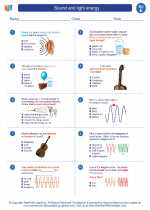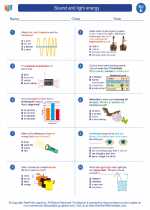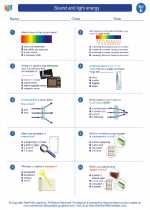Sound and light energy -> gene
Gene
A gene is a segment of DNA that contains the instructions for making a specific protein or set of proteins. Genes are the basic unit of heredity and are passed down from parents to offspring.
Structure of a Gene
Genes are composed of DNA, which is made up of a sequence of nucleotides. The sequence of nucleotides in a gene determines the sequence of amino acids in a protein, which ultimately determines the structure and function of the protein.
Function of Genes
Genes provide the instructions for the production of proteins, which are essential for the structure and function of cells. Different genes control different traits or characteristics in an organism, such as eye color, blood type, and susceptibility to certain diseases.
Study Guide
- What is a gene?
- What is the structure of a gene?
- What is the function of genes?
A gene is a segment of DNA that contains the instructions for making a specific protein or set of proteins.
Genes are composed of DNA, which is made up of a sequence of nucleotides.
Genes provide the instructions for the production of proteins, which are essential for the structure and function of cells.
◂Science Worksheets and Study Guides Fifth Grade. Sound and light energy

 Activity Lesson
Activity Lesson
 Worksheet/Answer key
Worksheet/Answer key
 Worksheet/Answer key
Worksheet/Answer key
 Worksheet/Answer key
Worksheet/Answer key
 Worksheet/Answer key
Worksheet/Answer key
 Vocabulary/Answer key
Vocabulary/Answer key
 Vocabulary/Answer key
Vocabulary/Answer key
